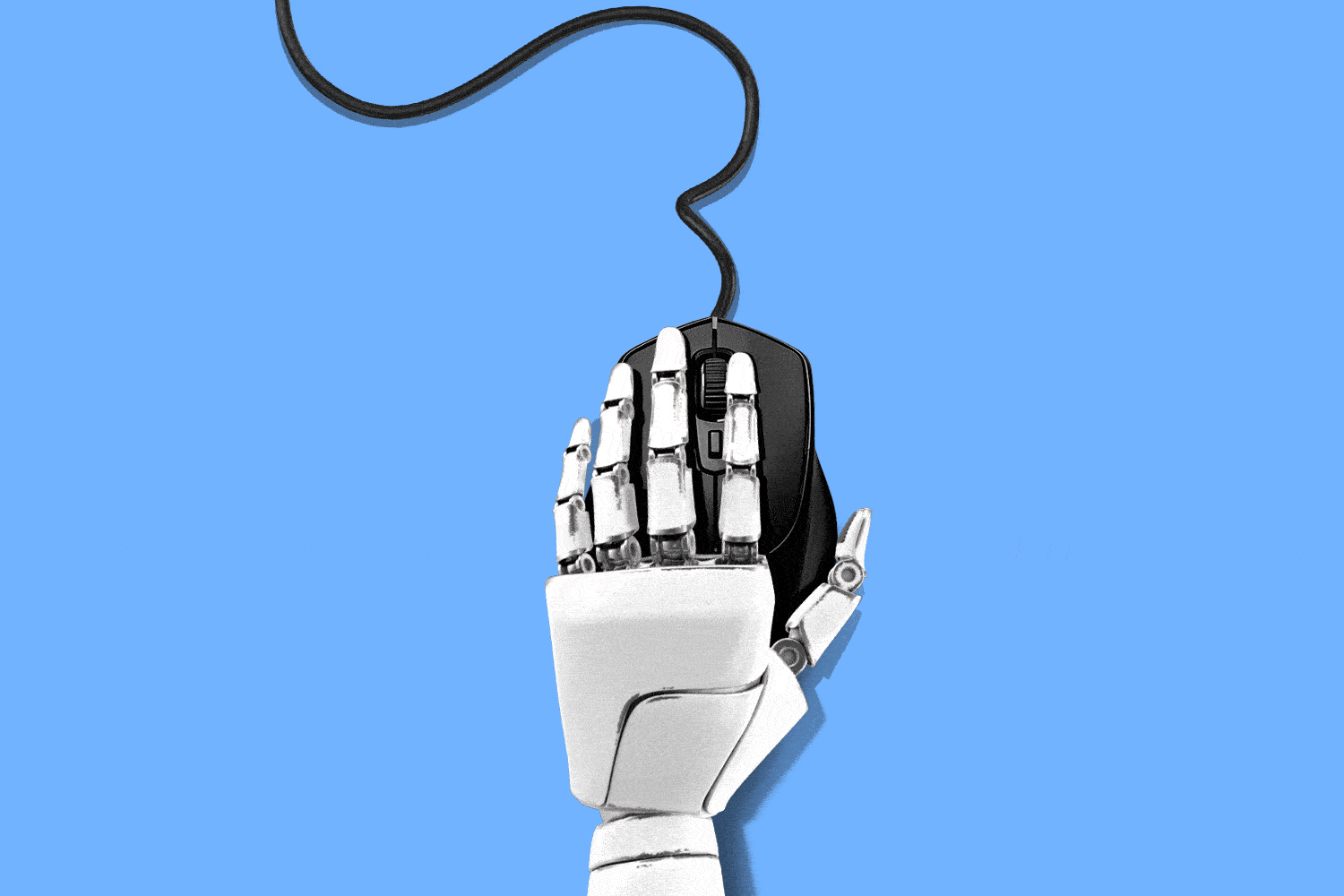A new year brings with it new challenges for the cybersecurity industry, and experts IT Brew spoke to in December are predicting roles for AI, a change in ransomware, and an increase in security battles on the international stage.
“AI and ML will be used in cyber warfare, with collateral damage outside of conflict zones due to hyper-connectivity,” NCC Group’s Global Head of Digital Forensics and Incident Response Alejandro Rivas-Vásquez told IT Brew.
That usage will have ups and downs, as Pynt CTO Ori Goldberg explained. The more LLMs are deployed both in security and across the industry in general, the more dangers will present for IT teams and other cyber professionals.
“Existing issues like prompt injection and model misuse will evolve into new threats, in tandem with more intelligent models,” Goldberg said. “At the same time, tools powered by LLMs will enhance anomaly detection, automate threat responses, and perform autonomous vulnerability fixes.”
Usage. As with most things AI, it comes down to how effectively the technology can be deployed by both sides. Ismael Valenzuela, VP of threat research and intelligence at BlackBerry, told IT Brew in an interview in December that the capabilities of AI make it dangerous in the wrong hands.
When efficiency is the name of the game, whoever is best positioned to take advantage of the added abilities from AI will benefit. Thus far, that’s largely been on the adversary side, where actors are less constrained by internal policies and regulations.
“It’s not that attackers are able to do things they were not able to do before, but AI gives them more with less resources,” Valenzuela said. “So, it helps with scope, and it helps with impact.”
That has Mike Riemer, senior vice president of Ivanti’s network security group, bullish on the future of AI deployment in the defender space. Riemer expects 2025 to be the year when attackers run into trouble as their targets turn AI back on them. Generative AI will play a major role, he predicts, helping to operationalize efficiency in the security space.
“Security professionals will effectively leverage the functionality of GenAI to analyze vast amounts of data from various systems,” Riemer told IT Brew. “This will provide insights into potential vulnerabilities and help identify weaknesses in systems.”
Top insights for IT pros
From cybersecurity and big data to cloud computing, IT Brew covers the latest trends shaping business tech in our 4x weekly newsletter, virtual events with industry experts, and digital guides.
